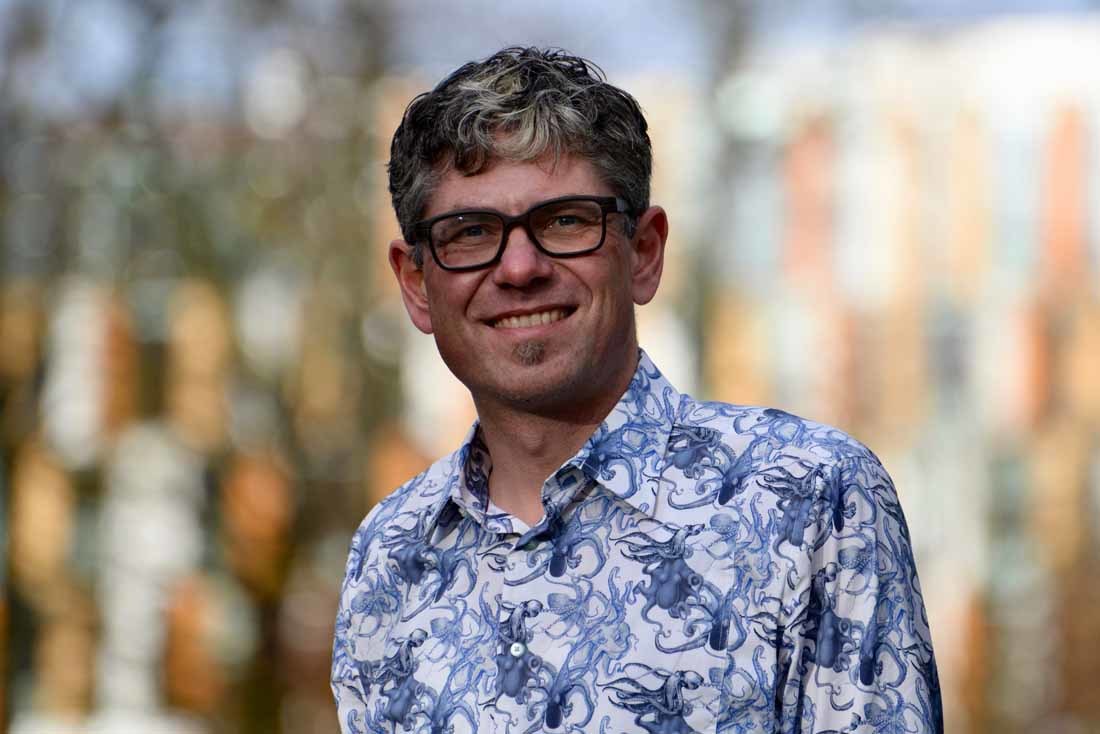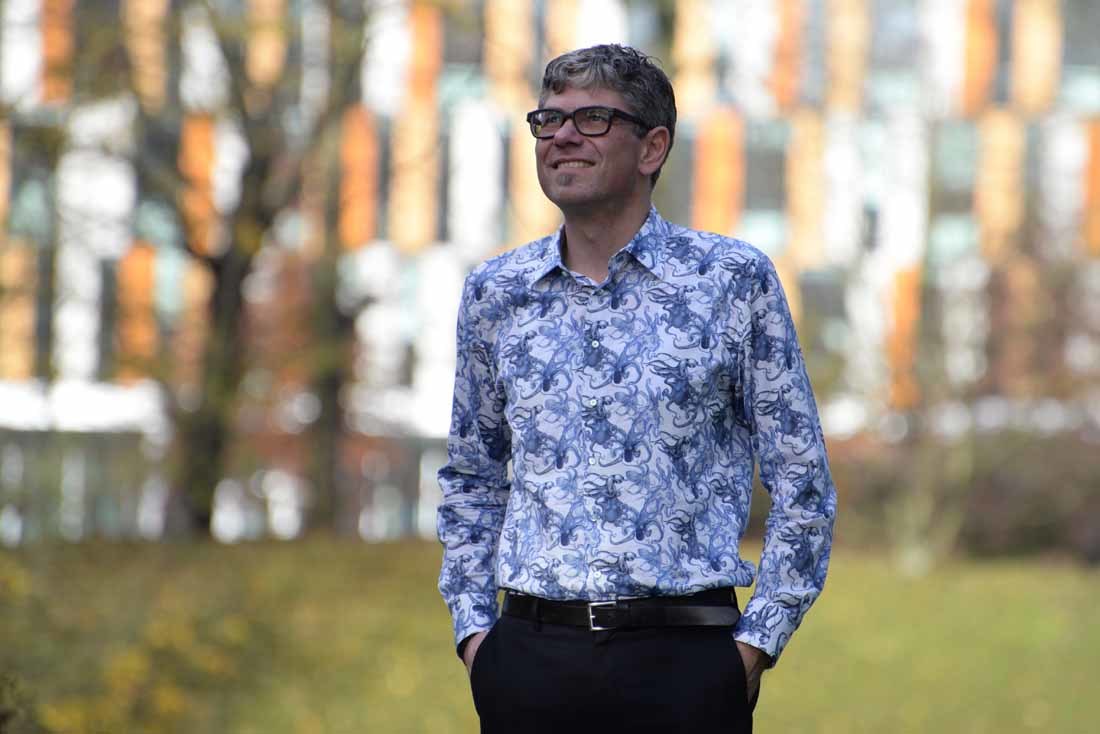How digital media is shaping society
ScienceThe University of Bremen is launching a new digitalisation and datafication course
The growing use of digital technologies is not only making many areas of daily life easier – it also allows companies to collect and commercially exploit huge volumes of data. There is a growing need for experts who can analyse and question the processes that run in the background. The Centre for Media, Communication and Information Research (ZeMKI) at the University of Bremen hopes to develop these experts on its new MA in Digital Media and Society – the only course of its kind in Germany.

Radical change
By now, almost everyone will have had this experience: you buy a book or a CD online, and before long you are shown recommendations for products that may also be of interest to you. It is impossible to use online platforms of any kind without revealing information about yourself. Internet service providers, advertisers, retailers, social media and many others use this data to create user profiles, which they then try to monetise. The growing use of digital technologies and the collection of large data volumes affects not only the individual, but also society as a whole. “This is one of the areas currently undergoing the most radical changes,” says Professor Andreas Hepp, spokesperson for the Centre for Media, Communication and Information Research (ZeMKI) at the University of Bremen. “It is also the area most closely linked to changes in society. Without digital media, society would work quite differently.” In response, the ZeMKI is launching a new MA course that addresses this topic.
Analysing and questioning processes
Starting from the 2018/19 winter semester, the MA in Digital Media and Society, which is taught in English and is open to students from around the world, will explore how the role of media and other forms of communication has been changed by digitalisation. It will also look into the challenges datafication, i.e. the conversion of many aspects of our lives into digital data, might bring. The two-year course teaches students the skills required to analyse data themselves and to critically question what happens to the information gathered. According to Hepp, traditional media have also become data collectors. “Many of them operate internationally, and datafication doesn’t respect borders. It was clear from the outset that the new course had to be international – this also allows us to attract the best students from around the world.”

High demand
The academic team was in no doubt that there is sufficient demand for such a course, which according to Hepp is the only one of its kind in Germany. But they had not anticipated that there would be so many applicants right from the start. Despite a short application period of just under two months, 148 applications were received for the 20 places on the course. “We had a good spread of applications from around the world,” says Hepp. To be accepted on the course, applicants needed an above-average grade in their Bachelor’s degree, knowledge of media and communications research, good English skills and a persuasive application letter: “We want students that fit the course and have the proper motivation.”
All-round skills
Students can look forward to an interdisciplinary programme that links communications and media science with computer science, educational theory, religious studies and film studies. “This is a topic that can only be taught properly if you include skills from all areas that are also concerned with this field. The topic is too far-reaching to restrict the content to individual aspects,” Hepp emphasises. At the same time, the field of media and communications is moving fast, which is why the ZeMKI course is not geared to a specific career. Instead, it equips students with the skills to analyse these fast-changing processes. “Considering the speed at which things change in this field, it would be counter-productive to approach it any other way. We are encouraging lateral thinking,” he explains. Once they have completed the MA, these lateral thinkers can choose from a wide range of career paths. They can join the research community or traditional media, of course, but there is also a growing demand among political parties, associations, public bodies and commercial enterprises for experts who can help with an organisation’s positioning in the digital age.
International perspectives
Hepp believes that the local economy will also benefit from the expertise of the alumni in the future. “We are open to international perspectives,” he says. Experience from other courses shows that there are always a few students who remain in the region once they have completed their course. “They can often provide a new perspective on things, especially if they have come from other countries. That can only be of benefit to the local economy,” he concludes.
Press contact:
Dr. Leif Kramp, Tel.: +49 421 218-67652, E-Mail: kramp@uni-bremen.de
Success Stories
8 Bremen Companies involved in Mass Spectrometry
If you want to get down to the smallest building blocks of our world, you need mass spectrometers. And there are few places in the world where there is such a high concentration of specialists and manufacturing companies and suppliers in this sector as in Bremen.
Learn moreOur 10 Most Favourite Places Last Year
Bremen has a lot to offer, whether it's sunny or rainy. Of course, you have to capture this in the form of stunning photos. Here are our very personal highlights from the past year.
Learn moreBremen as a Street Art City: when a City becomes the Canvas
From gigantic murals to graffiti hidden in the alleyways: Bremen's street art scene is a vibrant expression of creativity and diversity. With the Street Art Cities app, anyone can now discover this world on their own - and experience the Hanseatic city from a new perspective.
Learn more
